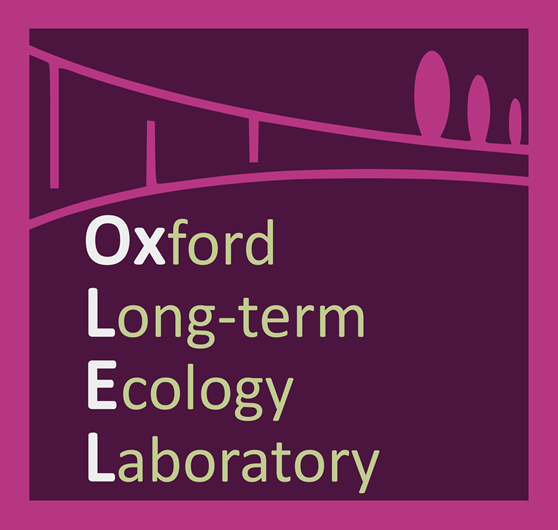The Vector Atlas: Analyses-Ready Data and Spatial Models Specifically Tailored to Inform Malaria Vector Control
Description
Maps are a powerful tool. They can illustrate the distribution of mosquito vector species known to transmit some of the world’s most debilitating diseases and highlight where these species are no longer susceptible to the insecticides used as their primary method of control. All evidence-based maps rely on field data collected in a myriad of different ways by multiple data collectors for a wide variety of purposes. In isolation, these data are able to answer the questions they were collected to address, but when combined, their value multiplies.
The Vector Atlas is building a data-hub that links African vector occurrence, bionomics and insecticide resistance data to provide a ‘one stop shop’ of up-to-date relatable and cross-referenced data access. Using standardised and comprehensive collation protocols to abstract data from the published and grey literature, we are updating our core datasets to expand beyond the dominant vector species to also cover the prominent secondary vector species responsible for residual transmission. In addition, we are adding locally relevant human community behaviour, local flora (nectar sources) and fauna (livestock). Combined, these data will inform novel spatial models and maps that promote and evolve our understanding of the variables that drive malaria transmission.
The Vector Atlas brings together a new collaboration of partners (University of Oxford, ICIPE, MAP, PAMCA, GBIF, VectorBase, IRMapper and the Bill and Melinda Gates Foundation) in an initiative to build an online, open access repository to hold and share analyses-ready malaria vector occurrence, bionomics, abundance, and insecticide resistance data. The data will form the basis of a series of spatial models specifically tailored to inform the control of mosquito vectors of disease.
The aims of the Vector Atlas are:
- Providing up-to-date, open-access, analyses-ready data.
- Modelling to utilise this data to inform vector control.
- Developing a platform to facilitate engagement and use of all outputs.
All data collation and modelling efforts will be informed by extensive stakeholder engagement to ensure the Vector Atlas creates products that are fit for purpose and have practical applications in vector control decision making.
Initial development will take 3.5 years from April 2022 culminating in a easily accessible platform that will allow both data upload and download and access to spatial models and maps.
More information is available on the project website: http://www.vectoratlas.icipe.org/ (alpha version)

 Dr. Marianne Sinka
Dr. Marianne Sinka Victoria Hayman
Victoria Hayman